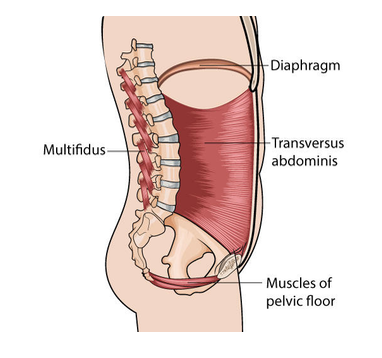When the supportive structures weaken or become especially tight doctors describe it as.
Tight pelvic floor muscles symptoms male.
Pelvic floor dysfunction in men pelvic floor dysfunction in men is often diagnosed as prostatitis.
So many people talk about the need to tighten and strengthen the pelvic floor that it might seem strange to consider that muscles can be too tight.
Some people have weak pelvic floor muscles from an early age whilst others notice problems after certain life stages such as pregnancy childbirth or menopause.
It is important to understand that pelvic floor dysfunction can occur whether prostatitis is present or not.
The pelvic floor muscles are a group of muscles that attach to the front back and sides of the bottom of the pelvis and sacrum.
Difficulty holding urine or bowel contents.
Stress bacteria and or inflammation can cause the pelvic floor muscles to elicit a protective response tightening of the muscles to protect against the stressor.
Maybe with an ache at first but then with sudden spasms cramps when they tighten even more.
They are like a hammock.
The pelvic floor supports the rectum bladder and urethra.
What happens when things go wrong with the pelvic floor.
Problems with the muscles in the pelvic floor can result in various issues.
Pelvic floor problems can occur when the pelvic floor muscles are stretched weakened or too tight.
Levator ani syndrome is a type of nonrelaxing pelvic floor dysfunction.
They can begin in early childhood as a general discomfort and as the condition develops the symptoms intensify into more severe pain and incontinence issues.
Frequent or urgent urination.
When muscles stay tight they get painful.
The muscles ligaments and tissues of the pelvic floor support the bladder rectum and sexual organs.
Retention of urine.
Symptoms include constipation straining to defecate having urine or stool leakage and experiencing a frequent need to pee.
Pelvic floor dysfunction is the inability to correctly relax and coordinate your pelvic floor muscles to have a bowel movement.
What is pelvic floor muscle tightness.
The symptoms associated with tight pelvic floor muscles often appear gradually.
That means the pelvic floor muscles are too tight.

